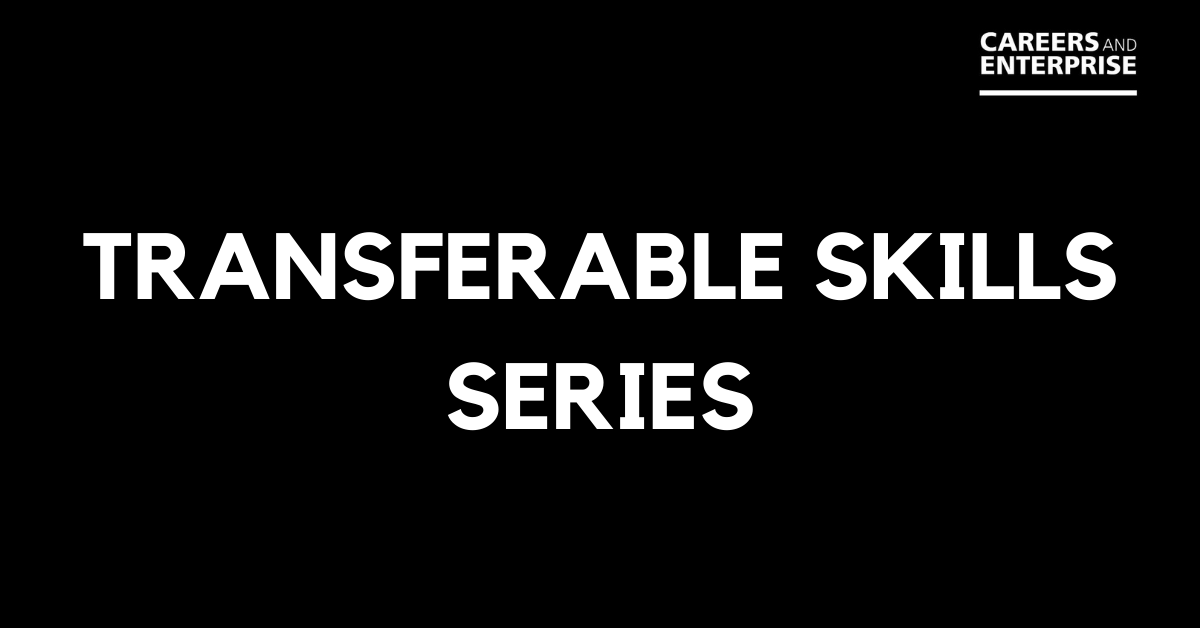What is foresight? The ability to predict what will happen or be needed in the future.
How many steps can you think ahead?
Imagine this scenario, you have been invited to present your project to a panel consisting of your lecturer, fellow peers and a business. In this situation, how can you best prepare yourself? Using foresight and anticipating outcomes will mean that you are better equipped to predict what sort of questions might be asked; understand what people’s interest areas and key drivers are.
Foresight is our ability to accurately predict future outcomes and is the secret ingredient of success, because without foresight we cannot prepare for the future. When we study for an exam before being tested, we are using foresight. When we prepare for a job interview, we are using foresight. As this “bigger picture” view allows us to plan for how certain events may unfold, in turn, this gives the opportunity to adjust our approach to influence outcomes… The best part is, we can do this to our advantage… But more on that in a moment.
Anticipating outcomes involves understanding the past by recollecting memories and past experiences so that we can better plan and coordinate our actions to prepare for those events. By thinking ahead, we are putting ourselves in the strongest position to take advantage of opportunities through enhanced knowledge and better judgement about how to best use resources and communicate with people.
3 ways you can use foresight to your advantage:
- Demonstrate this as a transferable skill in a job application- this shows that you have a holistic perspective and again, can see the ‘bigger picture’.
- Use foresight to predict what questions might come up in an interview. For example, what type of company are they, do you know who the Hiring Manager is? Have you looked at their LinkedIn profile, what industry are they in, what role are you applying for? What would YOU ask if you were the Hiring Manager for this position?
- ‘Thank yourself later’ approach- for example, are you graduating Summer 2022 and hoping to get a graduate job? What could you do now to help yourself so that you’re less stressed later? Could you upload your CV to CV360 (via the Hub) so that whilst you’re frantically finishing assignments etc, your CV is one less thing to worry about by the time you start applying to jobs? Look ahead, find a pinch point where you have deadlines and exams to revise for- think ahead and identify how you can alleviate stress- thank yourself later.
Entrepreneurship
In researching for this topic, it became apparent that strategic foresight is becoming more of a recognised discipline in itself. Indeed, there are many linkages to this skill and successful entrepreneurs. Though it’s a fairly old piece, EY produced a helpful blog which came up with 3 key points in terms of approaching foresight:
- Identify needs
- Focus on long-term
- Embrace innovation
So in advance of that presentation, exam, interview etc, draw upon your past experiences, build your knowledge in that area, play out various scenarios in your mind in order to predict future outcomes.
If you’re unsure on this skill, or you predict you’re not going to have the capacity to tackle this alone, you’re still using foresight because you’re predicting outcomes. You can have foresight by anticipating you’ll need help and by leaning on The Careers and Enterprise team, we can support you in achieving your goals together. By breaking them down into smaller steps, the mountain doesn’t seem so big. The very act of booking a workshop or a 121 careers appointment reflects proactivity, motivation and drive so you’re on to a winner already. We hope this blog has given you some food for thought…
If you feel you need extra guidance, why not book a 121 with our Careers Advisors.
To find out how to book, watch our YouTube video.
Want to find out more about jobs that suit your skills?
- Go on to the Careers & Enterprise Hub, and under ‘Resources’ click on ‘Labour Market Information’. There, you can ‘explore by skills’ – just click on at least 3 skills, and it’ll show you job roles that match!
- If you click on the job role, it’ll give you more information about average salary, what the role entails etc.
4 easiest ways to engage in our service:
 Careers and Enterprise Blog
Careers and Enterprise Blog Abbie-Rose Rigden
Abbie-Rose Rigden 1961
1961


